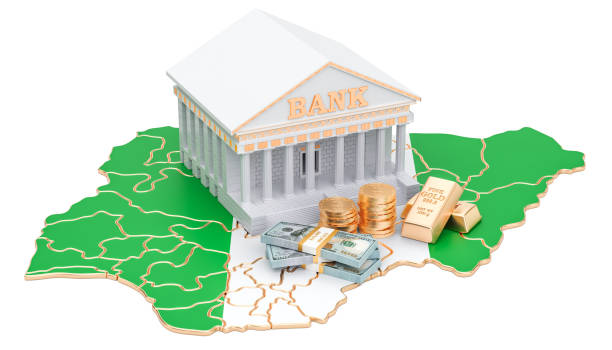KuCoin Implements VAT on Transactions
KuCoin, a cryptocurrency exchange operating in Nigeria, announced on Wednesday that it would begin charging a 7.5% Value-Added Tax (VAT) on transaction fees starting July 8, 2024.
This development follows the Federal Government’s recent tax enforcement actions against cryptocurrency platforms.
Join our WhatsApp ChannelIn a statement posted on its official X account, KuCoin specified that the 7.5% VAT, would apply to the transaction fee, not the total transaction amount.
For example, if a user buys $1,000 worth of Bitcoin (BTC) with a 0.1% fee rate, the transaction fee would be $1. The VAT would be 7.5% of the fee, which is $0.075, resulting in a net transaction amount of $998.925.
“We are writing to inform you of an important regulatory update that impacts our users in the Republic of Nigeria. Starting from July 8, 2024, we will begin collecting a Value-Added Tax (VAT) at a rate of 7.5% on transaction fees in each trade for users whose KYC information is registered in Nigeria,” the exchange said.
Regulatory Compliance and Government Actions
KuCoin clarified that the VAT would apply to all transaction types on its platform as a regulatory requirement for users in Nigeria.
At the time of this report by Prime Business Africa, the Federal Inland Revenue Service (FIRS) had yet to release an official statement on the development.
READ ALSO: Dollar Rise Spurs EFCC Crackdown On Currency Manipulation By Cryptocurrency Platforms, Others
Chimezie Chuta, Founder and Coordinator of Blockchain Nigeria User Group, confirmed the news. “I honestly see this as an acknowledgment of crypto as an asset class in Nigeria by the government,” Chuta stated.
However, he stressed the need for FIRS to provide clear guidelines on VAT applicability for digital assets. “What I think is needed is for FIRS to provide clarity on digital assets being VATable in Nigeria. FIRS should also issue clear guidelines on the matter,” he said.
Industry Response and Future Implications
Reacting to an enquiry, Dare Adekanmbi, Special Adviser on Media to the FIRS chairman, praised KuCoin’s compliance.
“By the decision to inform its clients that VAT will henceforth be charged on transactions on its platform, KuCoin has demonstrated readiness to comply with the extant tax laws in Nigeria and this should be commended,” Adekanmbi said.
“We at FIRS are glad that corporate organisations are showing readiness to comply with the laws of the country as far as revenue collection is concerned.”
Prime Business Africa reports that Adekanmbi emphasised the FIRS Chairman Zacch Adedeji’s stance on voluntary tax compliance. “FIRS the chairman would always say that the agency is not a law enforcement body that should be running after companies with horsewhip before they pay their taxes.
Don’t also forget that the Nigerian market is so huge and these crypto coys are interested in business in the most populous Black nation,” he added.
Historical Context and Broader Impact
The Federal Government initially signalled its intention to tax cryptocurrency transactions in 2022 when the Finance Act was revised to include a 10% tax on profits from digital assets, including cryptocurrencies.
KuCoin’s new policy is part of a broader regulatory landscape in Nigeria, which has seen increased scrutiny of cryptocurrency platforms.
In May 2024, KuCoin suspended all peer-to-peer (P2P) trading and fast-buy services via naira following a directive from the Securities and Exchange Commission to halt P2P transactions across all cryptocurrency platforms.
This decision came in the wake of allegations against Binance, another major cryptocurrency exchange, for manipulating the naira-to-dollar exchange rate and failing to pay taxes.
Binance was charged with multiple counts of tax evasion but later saw charges against its executives dropped, leaving the company as the sole defendant.
As Nigeria continues to refine its regulatory framework for digital assets, cryptocurrency platforms like KuCoin are taking steps to comply with new tax requirements.
This move marks a significant shift in the government’s approach to cryptocurrency, recognising it as a legitimate asset class while ensuring that it adheres to national tax laws.
Emmanuel Ochayi is a journalist. He is a graduate of the University of Lagos, School of first choice and the nations pride. Emmanuel is keen on exploring writing angles in different areas, including Business, climate change, politics, Education, and others.
- Emmanuel Ochayihttps://www.primebusiness.africa/author/ochayi/
- Emmanuel Ochayihttps://www.primebusiness.africa/author/ochayi/
- Emmanuel Ochayihttps://www.primebusiness.africa/author/ochayi/
- Emmanuel Ochayihttps://www.primebusiness.africa/author/ochayi/


















Follow Us